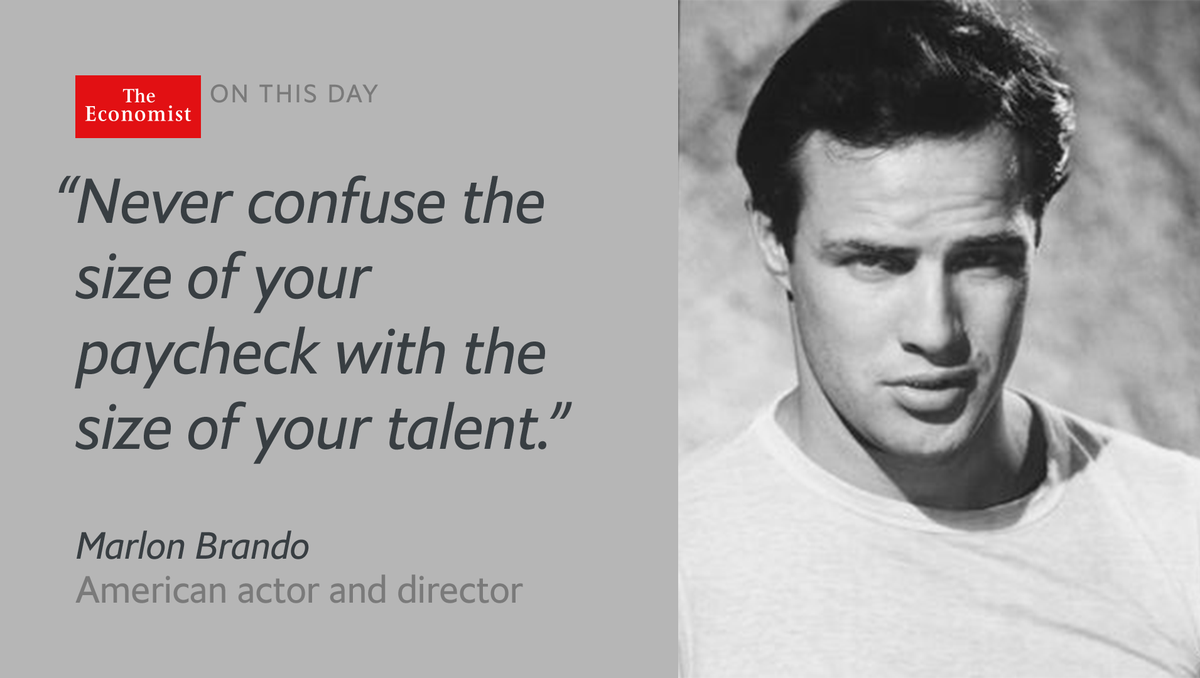"I didn't expect to see you here, Jessica,"
We talked for a few minutes. She was one of the more self-motivated and smart students I have met in this university. It has been six years since she graduated. I inquired about her sister and her nephew and her husband. "You have a steel-trap mind," she said.
Fortunately, yes. I pay attention to important things in life, and they register in my memory. (I know I am setting myself up for the flip side of this: I am bound to insult somebody when I do not remember the details that are important to them, right?)
Apparently remembering is becoming even more challenging for people because of one particular development: Smartphones. They are hijacking our minds!
Now that our phones have made it so easy to gather information online, our brains are likely offloading even more of the work of remembering to technology. If the only thing at stake were memories of trivial facts, that might not matter. But, as the pioneering psychologist and philosopher William James said in an 1892 lecture, "the art of remembering is the art of thinking." Only by encoding information in our biological memory can we weave the rich intellectual associations that form the essence of personal knowledge and give rise to critical and conceptual thinking. No matter how much information swirls around us, the less well-stocked our memory, the less we have to think with.But, of course. Duh! This is exactly what I have been telling students (and anybody who asks me about this) for a few years now. In my intuitive understanding, we need to keep working the brain and its memory functions. However, this is not about memorizing per se. Just as fluency with the English language is not about memorizing words in the dictionary. All these help us think, and think clearly.
It gets even worse:
It turns out that we aren't very good at distinguishing the knowledge we keep in our heads from the information we find on our phones or computers. As Dr. Wegner and Dr. Ward explained in a 2013 Scientific American article, when people call up information through their devices, they often end up suffering from delusions of intelligence. They feel as though "their own mental capacities" had generated the information, not their devices. "The advent of the 'information age' seems to have created a generation of people who feel they know more than ever before," the scholars concluded, even though "they may know ever less about the world around them."You can see how we were ripe for the Russian fake news campaign that gave us the fascist, who turns around and calls all the real news as "fake news."
So, what can you do? You can read that entire WSJ essay by Nicholas Carr, whom I have cited many times before. Or, you can do what I have been suggesting for years: Keep that smartphone away from you as much as you can.
When we constrict our capacity for reasoning and recall or transfer those skills to a gadget, we sacrifice our ability to turn information into knowledge. We get the data but lose the meaning. Upgrading our gadgets won't solve the problem. We need to give our minds more room to think. And that means putting some distance between ourselves and our phones.Not only will that help you think clearly, it will also reduce quite a bit of angst that the smartphones give the users. Because, our brains are wired to be hijacked, and it is our responsibility to protect our brains that can then serve us well:
Scientists have long known that the brain is a monitoring system as well as a thinking system. ...Seriously, have I not been saying and writing these through all these years that you have been listening to me and reading my blog? You don't remember? ;)
But even in the history of captivating media, the smartphone stands out. It is an attention magnet unlike any our minds have had to grapple with before. Because the phone is packed with so many forms of information and so many useful and entertaining functions, it acts as what Dr. Ward calls a "supernormal stimulus," one that can "hijack" attention whenever it is part of our surroundings -- which it always is. Imagine combining a mailbox, a newspaper, a TV, a radio, a photo album, a public library and a boisterous party attended by everyone you know, and then compressing them all into a single, small, radiant object. That is what a smartphone represents to us. No wonder we can't take our minds off it.

